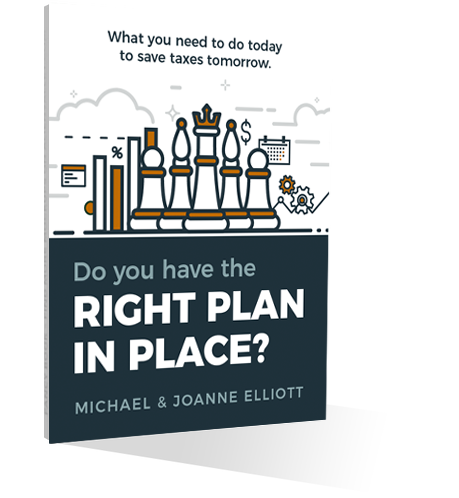You can improve your chances of winning your next tax appeal – and save thousands of dollars in property taxes – by arming yourself with a good appraisal. Most tax appeals for homes revolve around whether your home...
An appraisal can save you thousands of dollars off your home’s tax bill
September 22, 2022


